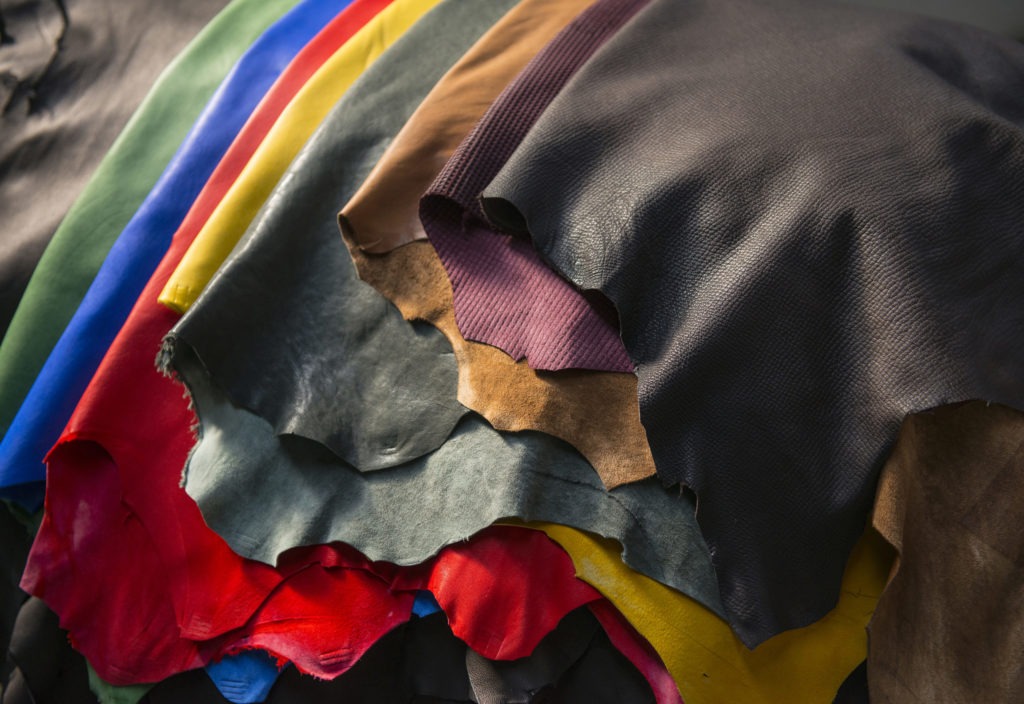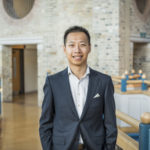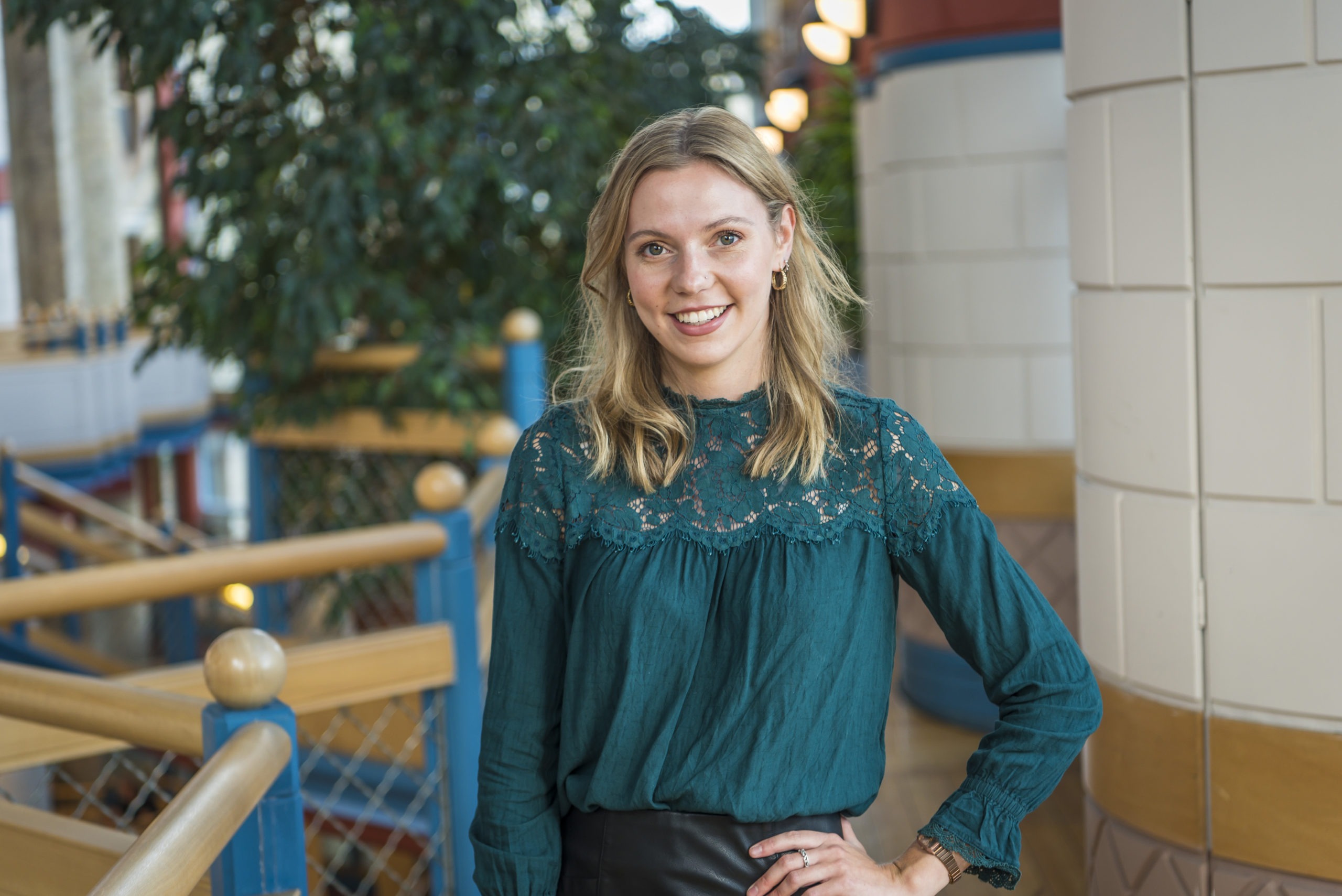
Hide transforms industrial by-products into a leather substitute material composed of the same protein that makes up most of the dry mass of leather. With the backing of Entrepreneur First we hope to further develop our first prototype. We will then be looking to fundraise again to scale up our manufacturing processes to produce materials on a larger scale. Currently we are working with partners in both the supply and demand side of our business to accelerate our prototype development; the most important activity for our business.
Yudi and I have come so far in just one year since we created the Hide concept when we attended the 3-month EnterpriseTECH programme at Cambridge Judge Business School. Back then, the idea of setting out on a new path after finishing a PhD seemed rife with uncertainty for someone who has stayed in education for 22 years of their life. It was a seemingly unpromising dreary winter afternoon in December 2018 when I embarked upon a journey into entrepreneurship with EnterpriseTECH that has since been both rewarding and challenging.
It was through EnterpriseTECH that I first met Yudi, a fellow PhD student and team mate. Little did we know that this would be the start of a truly unique business cofounding relationship. We bonded over the well curated post-lecture networking, where a smattering of wine loosened up our interactions. Yudi’s modest demeanour was hiding a truly multifaceted and talented individual who is trilingual, an exceptional pianist and able enough to freelance as a graphic designer, just to name a few of his skills.
Fast forward to today, and this month we received investment in our business, Hide Biotech, from the accelerator Entrepreneur First.
Both programmes we participated in, first EnterpriseTECH and then being selected for the follow-on programme EnterpriseTECH STAR, have helped us to develop as entrepreneurs. Firstly, we never would have met if our shared curiosity for entrepreneurship had not piqued at the right moment. Our development as individuals was accelerated through informative business education and mentoring which gave us the confidence to pursue our business idea and leave imposter syndrome behind us. Moreover, the experience has taught us that perspiration is just as important as inspiration to achieve our goals.
It is easy to look back on our initial foray into starting a business with rose-tinted glasses, but it has been a real test of character. One minute you are enjoying beautiful beach views on the east coast and by midnight the same day, you are sawing through a block of frozen waste that is too large to fit in the freezer. The unpredictable nature of entrepreneurship brings both highs and lows, but I have no doubt that it has been a greatly rewarding experience for both of us. Whether we carry on enjoying successes or fall foul to the 90% likelihood of start-up failure, the motivation and vision that Yudi and I share makes our journey all the more exciting and it has only just begun.
About Susannah Evans
Susannah is cofounder and CEO of Hide Biotech. She began her PhD in 2017 under the supervision of Ronan Daly at the Institute for Manufacturing at the University of Cambridge. Prior to that, she completed her undergraduate and master’s degree in Manufacturing Engineering also at Cambridge receiving first class honours with distinction. Susannah’s research focuses on the impact fluid-based manufacturing processes, such as inkjet printing and extrusion, have on the integrity of protein-based inks. Susannah has industrial experience working for Rolls Royce as a manufacturing and service engineer and working as a project engineer in the fast-growing e-retail consortium The Hut Group, where she managed multi-million-pound manufacturing scale up projects.
About Yudi Ding
Yudi is co-founder and CTO of Hide Biotech. He received his BA (Hons) in Natural Sciences from Fudan University (Shanghai) in 2014. Selected by the French Embassy in China, he was a France Excellence Scholar and obtained his MA in Chemical Engineering at l’École Polytechnique in Paris. Yudi received his PhD under the supervision of Prof. Chris Hunter FRS at the Department of Chemistry at the University of Cambridge during which he developed a nano-machinery method for an artificial cell signalling system and co-authored four research articles. Before completing his PhD, he worked for Johnson & Johnson in manufacturing management and in the advanced research unit at L’Oréal.





Leave a Reply